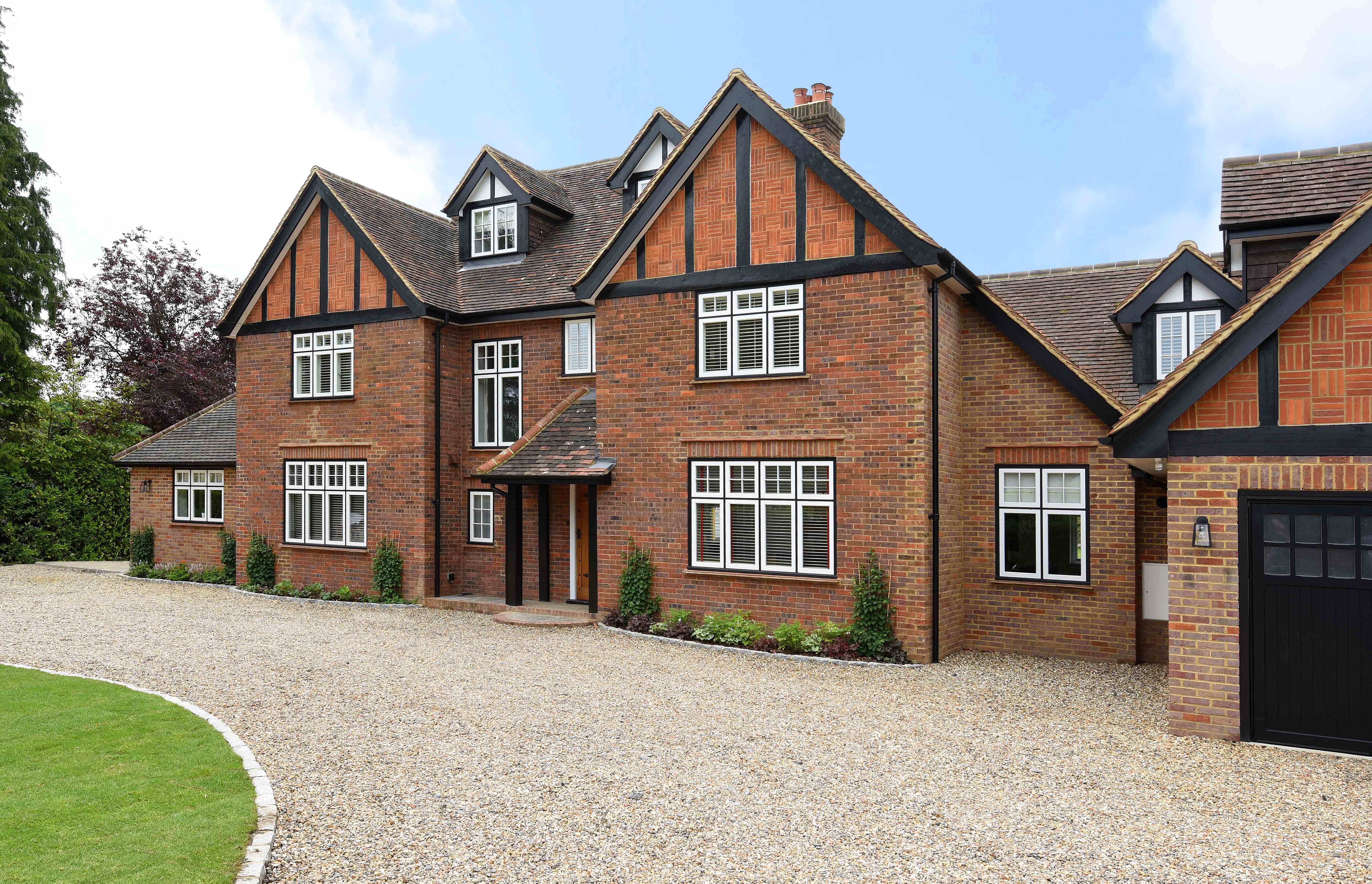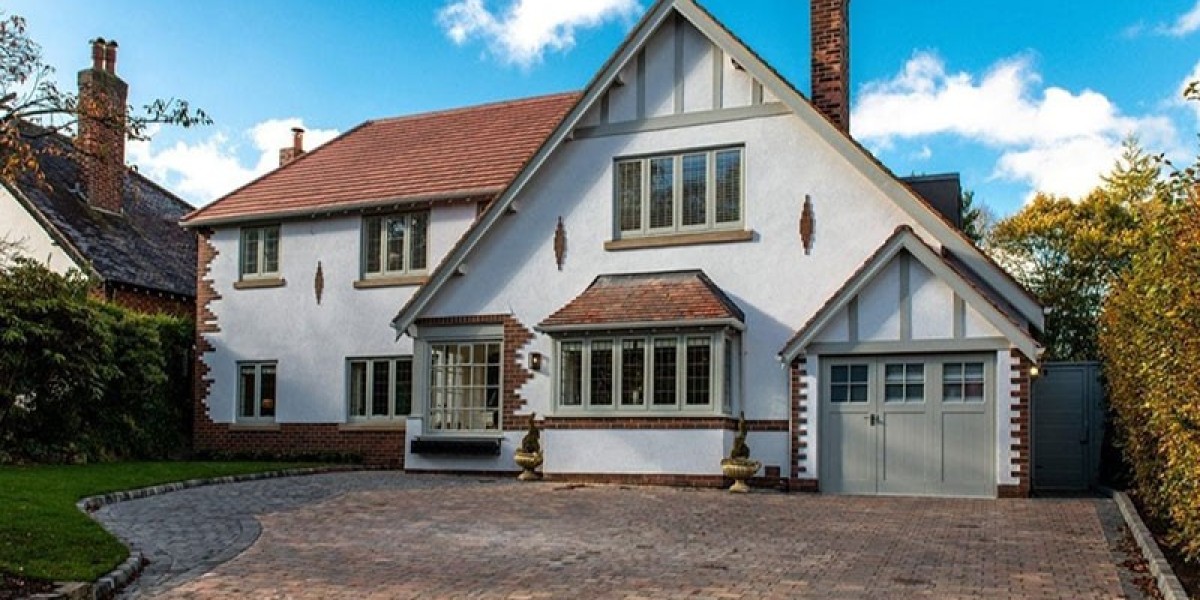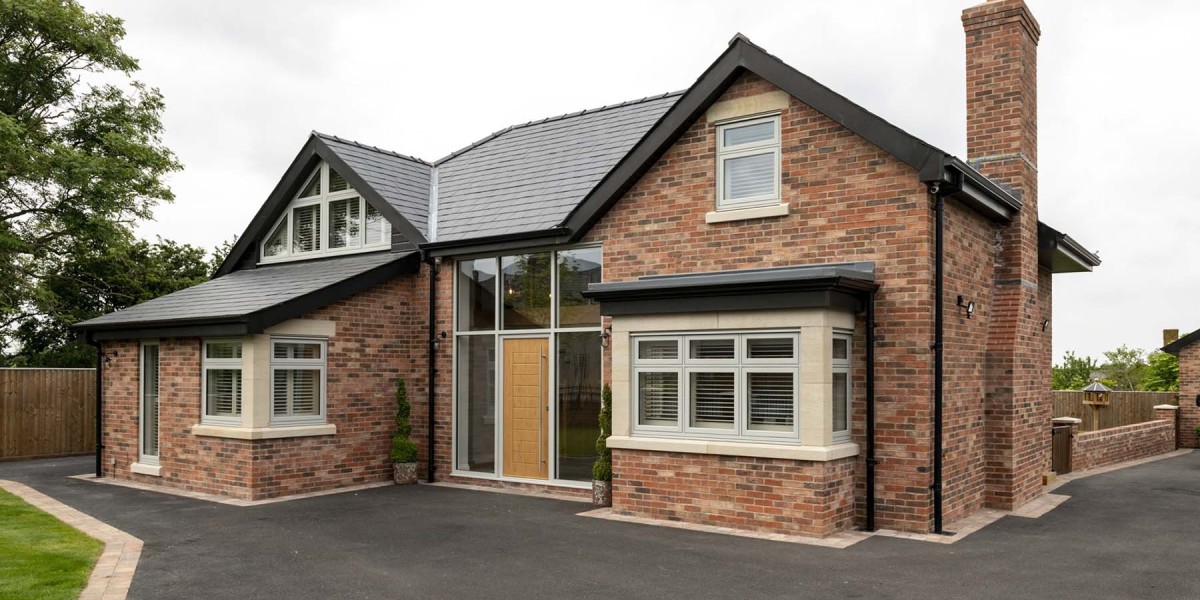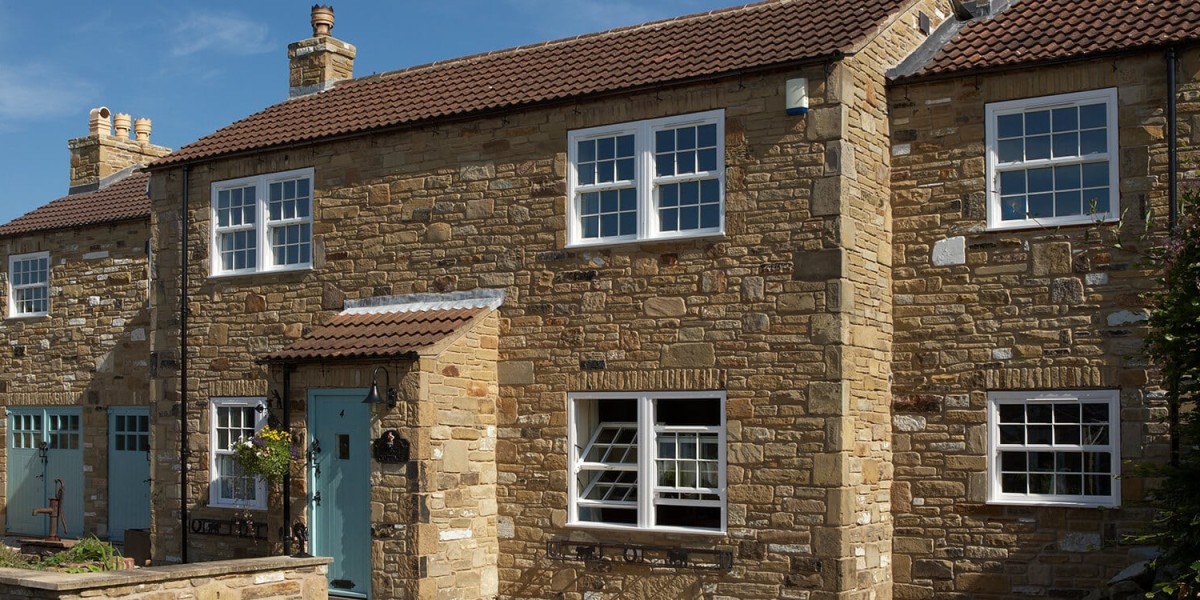UPVC (Unplasticized Polyvinyl Chloride) windows have gained immense popularity in the construction and renovation sectors due to their durability, energy efficiency, and low maintenance requirements. This article explores the characteristics, advantages, applications, and environmental implications of UPVC windows, providing a comprehensive understanding of their role in modern architecture.
Introduction to UPVC Windows
UPVC is a rigid form of polyvinyl chloride, a synthetic plastic polymer. Unlike regular PVC, UPVC does not contain plasticizers, which makes it more robust and suitable for construction applications. UPVC windows are manufactured using a process that involves extrusion and molding, resulting in frames that are strong, resistant to weathering, and versatile in design.
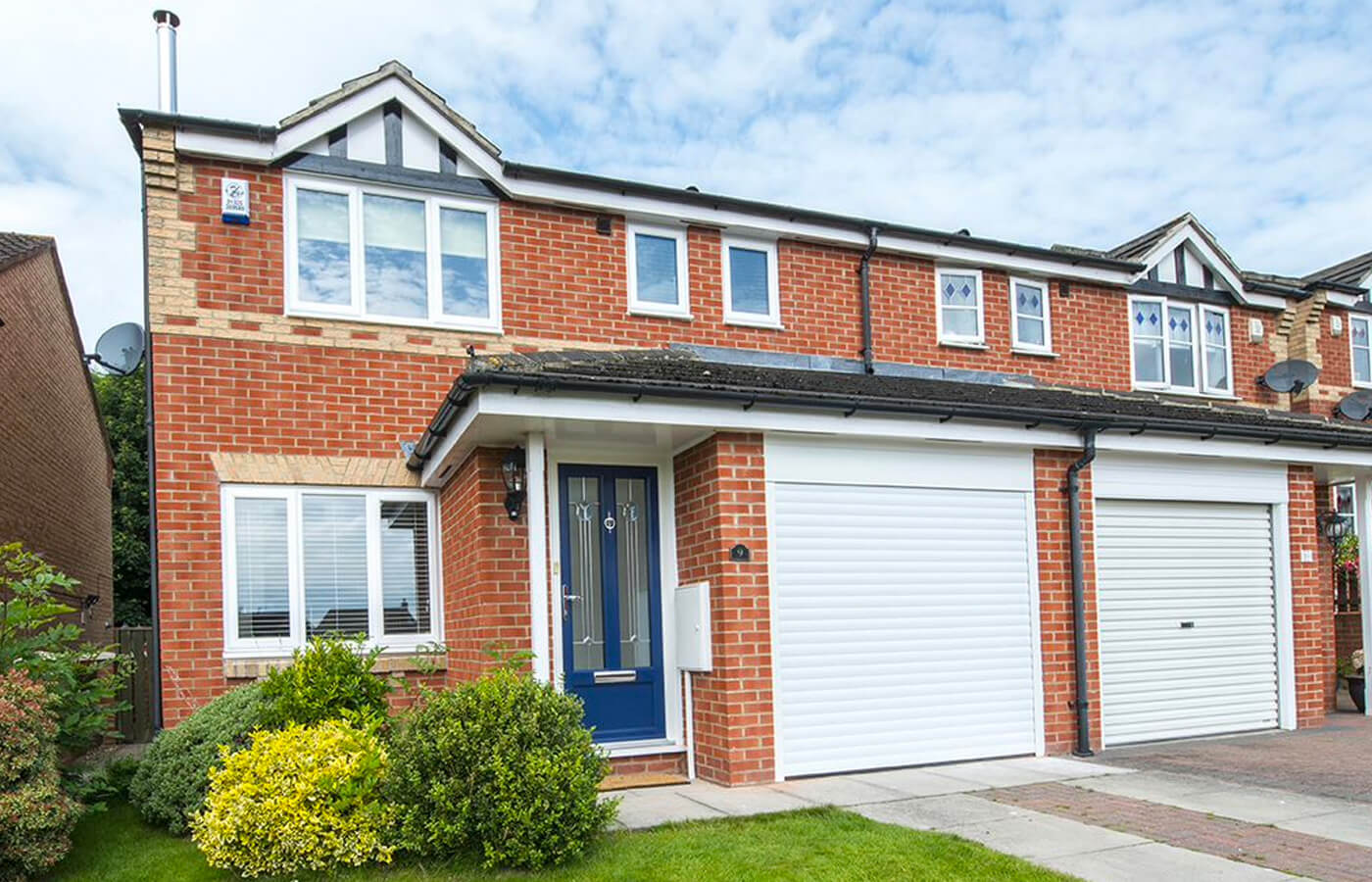
Characteristics of UPVC Windows
- Durability: UPVC windows are highly resistant to corrosion, rot, and rust. They can withstand harsh weather conditions, including extreme temperatures, heavy rain, and UV radiation, making them ideal for various climates.
- Energy Efficiency: One of the significant advantages of UPVC windows is their excellent thermal insulation properties. They help maintain a consistent indoor temperature, reducing the need for heating and cooling systems, which can lead to lower energy bills.
- Low Maintenance: Unlike wooden windows that require regular painting and treatment, UPVC windows require minimal maintenance. A simple wipe with soapy water is usually sufficient to keep them clean and functional.
- Sound Insulation: UPVC windows provide effective sound insulation, making them suitable for homes located in noisy environments, such as urban areas or near highways.
- Aesthetic Versatility: UPVC windows are available in a wide range of styles, colors, and finishes, allowing homeowners and builders to choose designs that complement the architectural style of their properties.
Benefits of UPVC Windows
- Cost-Effectiveness: Although the initial investment in UPVC windows may be higher than traditional options, their longevity and low maintenance costs often make them a more cost-effective choice in the long run.
- Enhanced Security: UPVC windows can be fitted with multi-point locking systems, making them more secure than traditional wooden or aluminum windows. This feature is particularly important for residential buildings.
- Environmental Impact: UPVC windows are recyclable, and many manufacturers have adopted eco-friendly practices in their production processes. The energy savings achieved through better insulation also contribute to a reduced carbon footprint.
- Resistance to Pests: UPVC is not susceptible to pests such as termites, which can cause significant damage to wooden frames. This resistance contributes to the longevity of UPVC windows.
Applications of UPVC Windows
UPVC windows are suitable for a wide range of applications, including:
- Residential Buildings: Homeowners often choose UPVC windows for their energy efficiency, aesthetic appeal, and security features. They are particularly popular in new builds and renovations.
- Commercial Properties: Businesses benefit from the durability and low maintenance of UPVC windows, making them a practical choice for offices, retail spaces, and industrial buildings.
- Public Buildings: Schools, hospitals, and government facilities often use UPVC windows due to their thermal performance, safety features, and long lifespan.
- Renovation Projects: UPVC windows can be retrofitted into existing buildings, improving energy efficiency and aesthetics without the need for extensive structural changes.
Sustainability and Environmental Considerations
As the world increasingly focuses on sustainability, the construction industry is under pressure to adopt eco-friendly materials. UPVC windows offer several advantages in this regard:
- Recyclability: UPVC is a recyclable material, and many manufacturers have established programs to recycle old windows into new products. This reduces waste in landfills and promotes a circular economy.
- Energy Efficiency: The energy savings associated with UPVC windows contribute to lower greenhouse gas emissions. By reducing the need for heating and cooling, they play a role in combating climate change.
- Sustainable Manufacturing: https://www.campedtech.org/the-importance-of-double-glazing-for-energy-efficiency-and-comfort/ Many UPVC window manufacturers are adopting sustainable practices, such as using renewable energy sources in their production processes and minimizing waste.
- Long Lifespan: The durability of UPVC windows means they do not need to be replaced frequently, which reduces the overall environmental impact associated with manufacturing and disposal.
Challenges and Considerations
Despite their many benefits, there are some challenges and considerations associated with UPVC windows:
- Color Fading: While UPVC windows are available in various colors, some may fade over time due to prolonged exposure to sunlight. Choosing high-quality products with UV-resistant finishes can mitigate this issue.
- Thermal Expansion: UPVC can expand and contract with temperature changes, which may lead to issues with sealing and fitting if not properly installed. Professional installation is recommended to ensure optimal performance.
- Limited Repair Options: Unlike wooden windows, which can be sanded down and refinished, UPVC windows may require replacement if they become damaged. However, their durability often means this is a rare occurrence.
Conclusion
UPVC windows represent a significant advancement in window technology, offering numerous benefits for residential, commercial, and public buildings. Their durability, energy efficiency, low maintenance, and aesthetic versatility make them an attractive choice for modern architecture. As sustainability becomes increasingly important in construction, UPVC windows provide a viable solution that aligns with eco-friendly practices. Despite some challenges, the advantages of UPVC windows often outweigh the drawbacks, making them a popular choice for builders and homeowners alike. As the industry continues to evolve, UPVC windows are likely to play a crucial role in shaping the future of energy-efficient and sustainable building practices.
